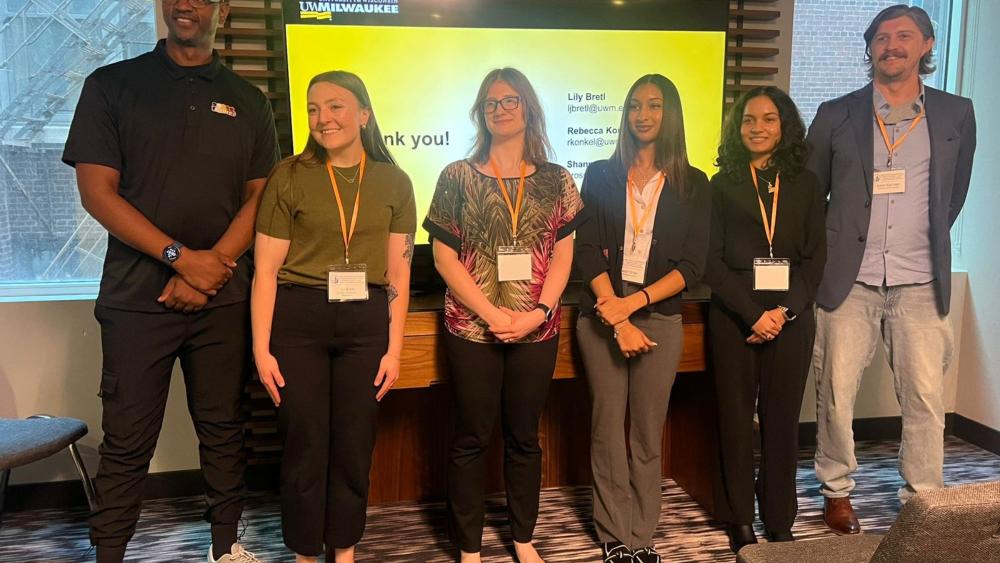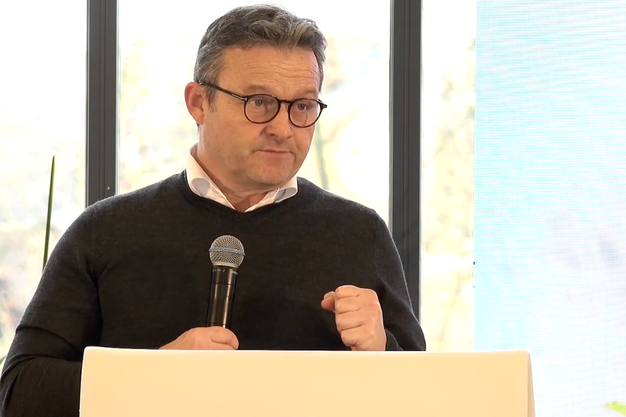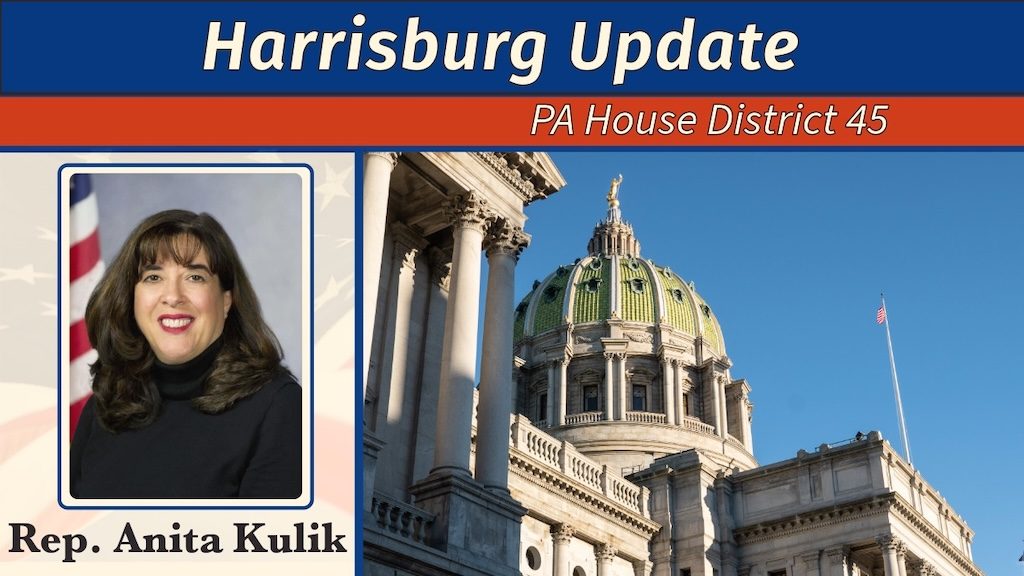Florida State University Launches FIREWORKS250 Initiative to Enhance Civics and Literacy Education in Grade 5 – Florida State University

Report on the FIREWORKS250 Initiative and its Contribution to Sustainable Development Goals
Project Overview and Objectives
Florida State University (FSU), through its Florida Center for Reading Research (FCRR) and the Institute for Governance and Civics (IGC), has launched the FIREWORKS250 initiative. Supported by a $2.9 million grant from the U.S. Department of Education, the program is designed to enhance civics education and literacy instruction. The initiative’s full title is Fostering Independence, Reflection, and Engagement through Wide-Reaching Outreach, Revolutionary Knowledge, and Student-Led Scholarship for America’s 250th Anniversary. Its primary goal is to provide free, high-quality professional learning for fifth-grade teachers, thereby increasing their historical content knowledge and improving their instructional strategies.
Alignment with SDG 4: Quality Education
The FIREWORKS250 initiative makes a significant contribution to the United Nations’ Sustainable Development Goal 4, which aims to ensure inclusive and equitable quality education and promote lifelong learning opportunities for all. The program directly addresses several targets within this goal:
- Target 4.c: By providing paid professional learning activities for 180 teachers annually, the initiative works to increase the supply of qualified teachers with specialized skills in integrating civics and literacy.
- Target 4.7: The focus on civics, democratic principles, and founding documents equips students with the knowledge and skills needed to promote sustainable development, human rights, and global citizenship.
The program’s methodology involves integrating evidence-based literacy strategies, such as explicit vocabulary instruction and comprehension techniques, with complex historical texts. This dual approach enhances both literacy and historical understanding, fostering critical thinking skills essential for quality education.
Fostering SDG 16: Peace, Justice, and Strong Institutions
By strengthening civics education, the initiative fundamentally supports SDG 16, which seeks to promote peaceful and inclusive societies, provide access to justice for all, and build effective, accountable, and inclusive institutions. The curriculum is designed to deepen understanding of:
- The creation of the U.S. government via the Constitution.
- The concept of “unalienable rights” as outlined in the Declaration of Independence.
- The principles of democratic governance.
This educational foundation is crucial for developing informed citizens who can participate in and support strong, just, and democratic institutions, thereby contributing to a more peaceful and inclusive society.
Program Components and Implementation
The initiative will be implemented through three key components designed to provide comprehensive support to educators and students:
- Professional Development Seminars: Teachers will engage in online, seminar-based sessions titled “FIREWORKS250 Chats.” These sessions will focus on integrating evidence-based reading strategies with historical and civics content.
- Revolutionary Writers Essay Contest: A student essay competition, supported by innovative resources like podcasts featuring AI-generated historical figures, will be held to foster and assess student learning in civics and literacy.
- Annual Teacher Symposium: An immersive three-day symposium will be hosted at Florida State University each year. This event will provide teachers with opportunities to deepen their knowledge of America’s founding principles and develop skills in leading seminar-style classroom discussions.
Strategic Partnerships and Accessibility (SDG 17)
The FIREWORKS250 initiative exemplifies SDG 17 (Partnerships for the Goals) through its collaborative structure. It leverages the combined expertise of FCRR in the science of reading and IGC in civics education, supported by federal funding from the U.S. Department of Education. Furthermore, in a commitment to reducing inequalities (SDG 10) and ensuring broad access, all program content will be made freely available online starting in January 2026, allowing teachers beyond the initial cohort to benefit from these high-quality educational resources.
Participation and Timeline
Registration for the program is open to fifth-grade public school teachers, with a deadline of December 15, 2025. The initiative will commence in January 2026. The first 180 teachers to register will be eligible for a professional learning stipend of up to $1,500.
Analysis of the Article in Relation to Sustainable Development Goals
1. Which SDGs are addressed or connected to the issues highlighted in the article?
The article on the FIREWORKS250 initiative connects to several Sustainable Development Goals (SDGs) by focusing on enhancing education, fostering an understanding of governance, and highlighting collaborative efforts.
- SDG 4: Quality Education: This is the most prominent SDG addressed. The entire initiative is centered on improving the quality of education for fifth-grade students by providing “free, high-quality professional learning for teachers” to enhance their “historical content knowledge” and “teaching strategies” in civics and literacy.
- SDG 16: Peace, Justice and Strong Institutions: The article’s emphasis on civics education directly supports this goal. The program aims to increase teachers’ and students’ knowledge about the “country’s founding and the founding documents,” such as the Constitution. This education fosters an understanding of democratic principles and the governmental institutions that are foundational to a just and peaceful society.
- SDG 17: Partnerships for the Goals: The initiative itself is a model of partnership. The article states it is a collaborative effort between “The Florida Center for Reading Research (FCRR) and the Institute for Governance and Civics (IGC) at Florida State University” and is made possible by a “$2.9 million grant from the U.S. Department of Education.” This demonstrates a public-public partnership to achieve educational objectives.
2. What specific targets under those SDGs can be identified based on the article’s content?
Several specific SDG targets can be identified based on the activities and goals described in the article.
- Target 4.7: “By 2030, ensure that all learners acquire the knowledge and skills needed to promote sustainable development, including, among others, through education for… global citizenship and appreciation of cultural diversity…”
- Explanation: The FIREWORKS250 initiative directly contributes to this target by focusing on civics education. The article explains the goal is to “increase fifth-grade teachers’ knowledge about the country’s founding and the founding documents” and to improve “civics and literacy instruction.” This education is fundamental to developing informed and engaged citizens.
- Target 4.c: “By 2030, substantially increase the supply of qualified teachers…”
- Explanation: The core of the initiative is teacher training. The article states the program provides “free, high-quality professional learning for teachers” and that “the grant will support 180 fifth-grade public school teachers in paid professional learning activities” each year. This directly addresses the need to enhance the qualifications and skills of teachers.
- Target 16.7: “Ensure responsive, inclusive, participatory and representative decision-making at all levels.”
- Explanation: By educating students on “how and why the U.S. government was created by the U.S. Constitution” and fostering “critical thinking and civics knowledge,” the program equips future citizens with the foundational understanding necessary for active and informed participation in civic life and decision-making processes.
- Target 17.17: “Encourage and promote effective public, public-private and civil society partnerships…”
- Explanation: The article explicitly describes such a partnership. The initiative is a “collaborative effort between FCRR and IGC” at Florida State University, supported by a significant grant from the “U.S. Department of Education.” This collaboration leverages the expertise of academic institutions and the resources of a government body to achieve a common goal.
3. Are there any indicators mentioned or implied in the article that can be used to measure progress towards the identified targets?
Yes, the article mentions or implies several specific indicators that can be used to measure the success and progress of the FIREWORKS250 initiative.
- Number of teachers trained: This is a direct quantitative indicator for Target 4.c. The article specifies that “the grant will support 180 fifth-grade public school teachers in paid professional learning activities” each year for three years. This provides a clear metric for the program’s reach.
- Enhancement of teacher knowledge and skills: An implied indicator for Target 4.c is the improvement in teachers’ abilities. The article states the goal is to “increase fifth-grade teachers’ knowledge” and equip them “with the skills to improve both civics and literacy instruction.” Progress could be measured through pre- and post-assessments of the participating teachers during the “Professional Development Seminars” and “Annual Teacher Symposium.”
- Student engagement and learning outcomes: This serves as an indicator for Target 4.7 and 16.7. The “Revolutionary Writers Essay Contest” is a key component designed to “foster civics and literacy skills.” The number of student participants and the quality of the submitted essays can be used as a direct measure of student engagement and their understanding of civics and literacy concepts taught through the program.
4. Table of SDGs, Targets, and Indicators
| SDGs | Targets | Indicators |
|---|---|---|
| SDG 4: Quality Education |
4.7: Ensure all learners acquire knowledge and skills for sustainable development, including global citizenship.
4.c: Substantially increase the supply of qualified teachers through training. |
– Student learning outcomes measured through the “Revolutionary Writers Essay Contest.” – Enhanced student “literacy and historical understanding.” – The number of teachers completing professional development (180 teachers per year). |
| SDG 16: Peace, Justice and Strong Institutions | 16.7: Ensure responsive, inclusive, participatory and representative decision-making. |
– Increased student “civics knowledge” and “critical thinking” skills, fostered through lessons on the Constitution and democratic principles. – Student engagement in the essay contest on civics topics. |
| SDG 17: Partnerships for the Goals | 17.17: Encourage and promote effective public, public-private and civil society partnerships. |
– The established partnership between Florida State University’s FCRR and IGC, and the U.S. Department of Education. – The successful implementation of the initiative funded by the $2.9 million grant. |
Source: news.fsu.edu
What is Your Reaction?
 Like
0
Like
0
 Dislike
0
Dislike
0
 Love
0
Love
0
 Funny
0
Funny
0
 Angry
0
Angry
0
 Sad
0
Sad
0
 Wow
0
Wow
0














































































